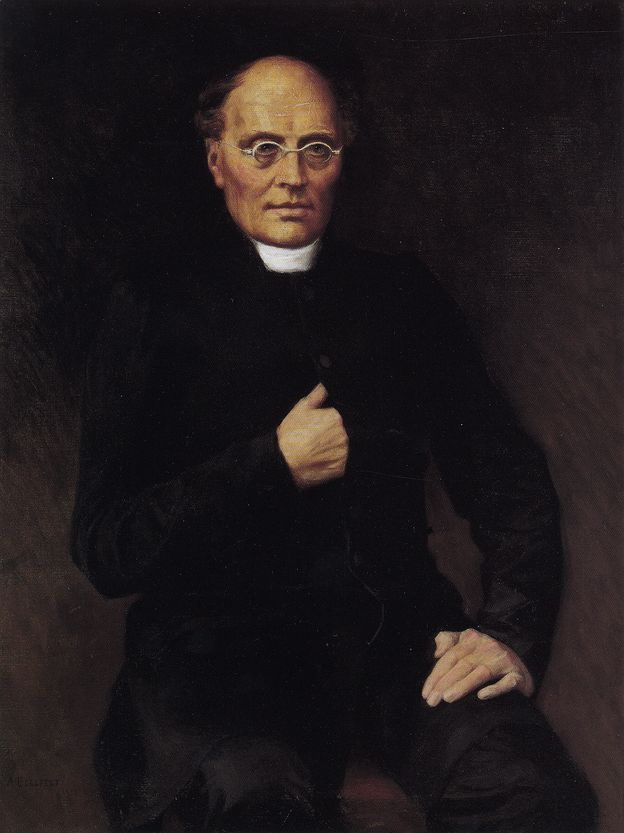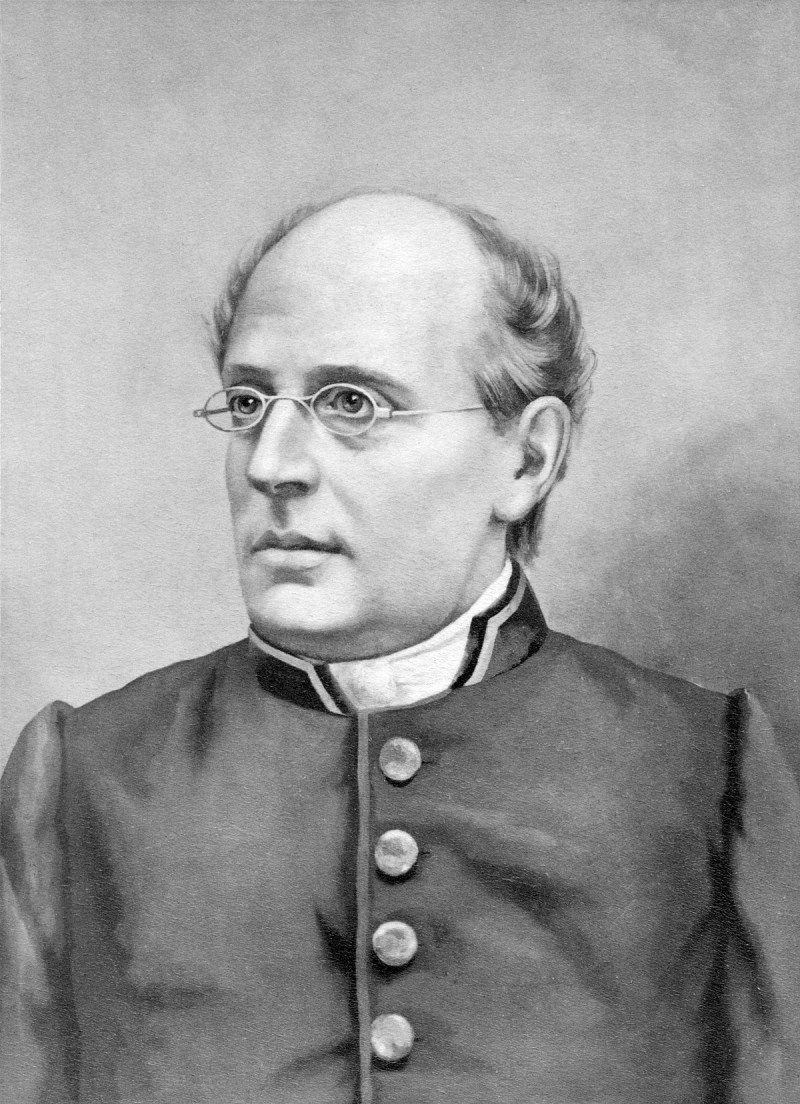Johan Ludvig Runeberg
Johan Ludvig Runeberg was a Finnish priest, lyric and epic poet who died on May 6, 1877. He is called Finland's national poet because he writes completely in his native Swedish. He wrote the lyrics of the unofficial Finnish national song Vrt land (Our Land, Maamme in Finnish). Runeberg also contributed to the modernizing of the Finnish Lutheran hymnal, writing numerous texts for the new edition.
The idealist poetry "Älgskyttarna" (Elk Hunters, 1832) and the epic Kung Fjalar were among Runeberg's most famous works (King Fjalar, 1844). The heroic poem Fänrik Ståls Sägner, composed between 1848 and 1860, is regarded as the best Finnish epic poem outside of the native Kalevala genre, and it incorporates tales of the Finnish War with Russia in 1808-09. During the war, Sweden suffered the humiliation of losing Finland, which became a Grand Duchy in the Russian Empire. The episodic epic highlights the shared humanity of all parties in the struggle while mostly lauding the valor of the Finns. Vårt land (Our Land, Maamme in Finnish) was the first poem to become the Finnish National Anthem.
Runeberg Day is observed every year on February 5, the anniversary of Runeberg's birth. On Esplanadi in the center of Helsinki, there is a statue of Johan Ludwig Runeberg erected by his son Walter Runeberg. Runeberg Township was also named after Runeberg in Becker County, Minnesota. The principal motif of the Finnish commemorative coin is the €10 Johan Ludvig Runeberg, and the Finnish Poetry commemorative coin is Runeberg. It was issued in 2004 to commemorate the 200th anniversary of his birth. The coin's obverse has a stylized representation of Runeberg's visage. Because Runeberg wrote most of his work in Swedish, the reverse shows an 1831 font sample from the Swedish-language daily Helsingfors Tidningar.









